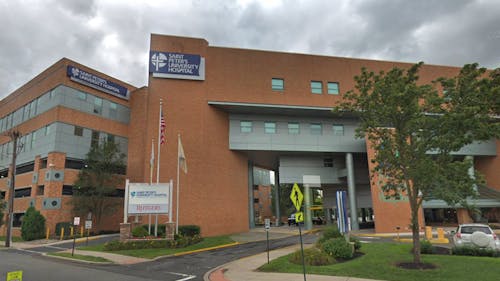Rutgers study observes tuberculosis screening in South Asian population in New Jersey

A recent Rutgers study on South Asian populations in New Jersey found that only 54 percent of respondents had been screened for tuberculosis.
The study, conducted by doctors at Robert Wood Johnson Medical School and Saint Peter’s University Hospital, which specifically focused on South Asians who were not born in the United States, sought to understand the attitude toward tuberculosis, as well as how it could be prevented and controlled in the future.
“The first step of the process was to understand how much the community knows about latent tuberculosis,” said Sunanda Gaur, the co-director of the South Asian Total Health Initiative and member of the research team.
Latent tuberculosis is a dormant form of the disease that is not infectious and does not have any abnormal symptoms, according to the study. If it is contained correctly, it can be managed and not pose a problem. If disturbed, though, it can surge up into the highly infectious and active form of tuberculosis, which can cause symptoms such as fever, coughing up blood and chest pain.
In the United States, it is estimated that approximately 13.6 million people have latent tuberculosis. From surveys done between 2011 and 2012, approximately 17 percent have latent tuberculosis, according to the study.
In order to learn more about the population and their understanding of tuberculosis, the study was conducted through a series of community surveys during health fairs in New Jersey that were geared toward the South Asian population.
The study primarily focused on subjects from India, Nepal, Pakistan, Bangladesh, Bhutan, the Maldives, Afghanistan and Sri Lanka. The surveys asked the subjects questions regarding their opinions toward tuberculosis, if they had ever been tested and questions to gauge their general knowledge on the topic.
The results showed that of the surveyed population, only 54 percent had been screened for tuberculosis. Of those who were tested, most were young, educated and in higher economic standing.
“We found in our study that most people get tested when their family members get diagnosed,” said Sabah Kalyoussef, a pediatric disease specialist and member of the research team.
As a result, many people who may have a latent form of the disease may not know because their family may not have had any active cases, she said.
One of the purposes of the study was to end certain misconceptions about tuberculosis, Gaur said.
“People had a lot of misconceptions about what tuberculosis is. I don’t think people understand the seriousness of the illness,” she said.
To combat this, she said their next course of action is to implement ways of educating the general population as well as the physicians involved in their treatment. This education can be done through community interventions and engagement, as well as social media awareness.
“Our main goal here is to start a conversation about the importance of treatment,” Kalyoussef said.



